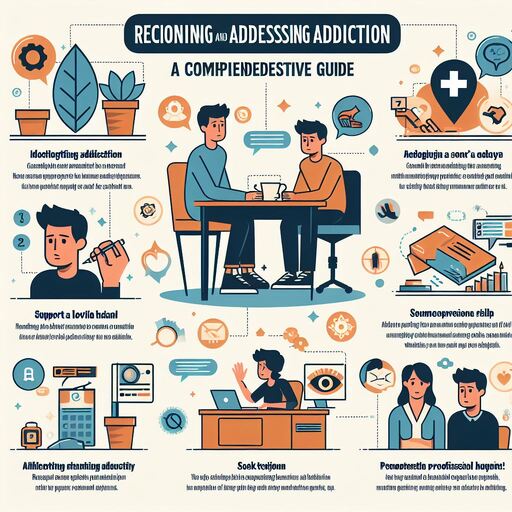The Stigma Surrounding Addiction and How to Challenge It
The Stigma Surrounding Addiction and How to Challenge It
The stigma surrounding addiction can have a significant impact on individuals who struggle with substance abuse and their families. This stigma often leads to feelings of shame, guilt, and fear, which can make it difficult for individuals to seek help or feel supported by their loved ones.
One of the reasons why addiction carries such a negative stigma is because it is often associated with criminal behavior and moral failure. Society tends to judge individuals who abuse substances as weak-willed or irresponsible, rather than recognizing that addiction is a disease and requires treatment just like any other medical condition.
It can be difficult for individuals to challenge the stigma surrounding addiction because it is deeply ingrained in our society. However, there are several steps that can be taken to reduce the negative impact of stigma and provide support for those who struggle with addiction.
One way to challenge the stigma surrounding addiction is by educating oneself and others about the nature of addiction. This includes learning about the root causes of addiction, how it affects the brain, and what treatments are available. By educating oneself and others, individuals can dispel myths and misconceptions about addiction and promote a more compassionate understanding of the disease.
The Stigma Surrounding Addiction and How to Challenge It
Another way to challenge stigma is by advocating for policies that reduce the negative impact on individuals with addiction. This includes supporting initiatives that provide access to addiction treatment, reducing the criminalization of addiction-related offenses, and promoting policies that prioritize prevention and education about addiction.
The Stigma Surrounding Addiction and How to Challenge It
It can also be helpful for individuals to seek support from others who have experienced similar struggles. Support groups, such as Alcoholics Anonymous or Narcotics Anonymous, can provide a sense of community and understanding from individuals who have successfully overcome addiction.
Finally, it is important for individuals to challenge their own biases and assumptions about addiction. This involves recognizing that addiction affects people from all walks of life and seeking to understand the challenges faced by those who struggle with substance abuse. By challenging our own biases and promoting empathy and understanding, we can create a more compassionate and accepting society for those who struggle with addiction.
In conclusion, stigma surrounding addiction has a significant impact on individuals and their families. However, by educating ourselves and others, advocating for policy changes, seeking support from others, and challenging our own biases, we can reduce the negative impact of stigma and create a more compassionate and accepting society for those who struggle with addiction.
The Stigma Surrounding Addiction and How to Challenge It

